Blogs
-
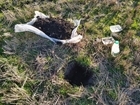
-

in:
Auchnerran Blog
under:
Farming
, Farmland Ecology
On a drizzly Saturday in November, four students packed up their fieldwork gear and drove up the winding and picturesque road to Auchnerran, the GWCT Scottish Demonstration Farm.
-
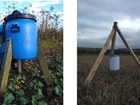
-
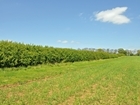
-
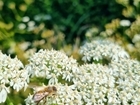
in:
Farmland Ecology Blog
under:
Farmland Ecology
Holding my breath, navigating clouds of pollen in rye fields - an expected state for an ecological researcher. But after yet another summer field season, I've uncovered the need for a myriad of skills beyond the obvious.
-

in:
GWCT News Blog
under:
Farmland Ecology
, Grey partridge
This October, the GWCT’s Head of Wildlife Recovery Dr Francis Buner, accompanied by placement student Jasmine Canham, was invited to give a keynote presentation on grey partridge conservation in Europe, on the occasion of the national launch event for a German-wide grey partridge recovery project called ‘Rebhuhn retten – Vielfalt fördern!’ (‘Save the grey partridge – Promote biodiversity!’).
-
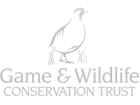
in:
Allerton Project Research Blog
under:
Allerton Project
, Farming
, Farmland Ecology
We all have vested interests. Sometimes they can be a driver for good. There are some opportunities to be realised through adoption of climate change mitigation and adaptation strategies, but we need to accept that there are sacrifices too, and individuals vary in their willingness to embrace this for the greater good.
-
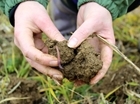
-
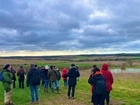
in:
GWCT News Blog
under:
Farming
, Farmland Ecology
At its heart, FRAMEwork is about sharing ideas, inspiring new approaches, and collaborating to make farmland biodiversity conservation possible on the ground. This occurred in March when the GWCT team hosted the projects’ annual meeting.
-

Get the Latest News & Advice
Join over 100,000 subscribers and stay updated on our latest advice, research, news and offers.
*You may change your mind any time. For more information, see our Privacy Policy.